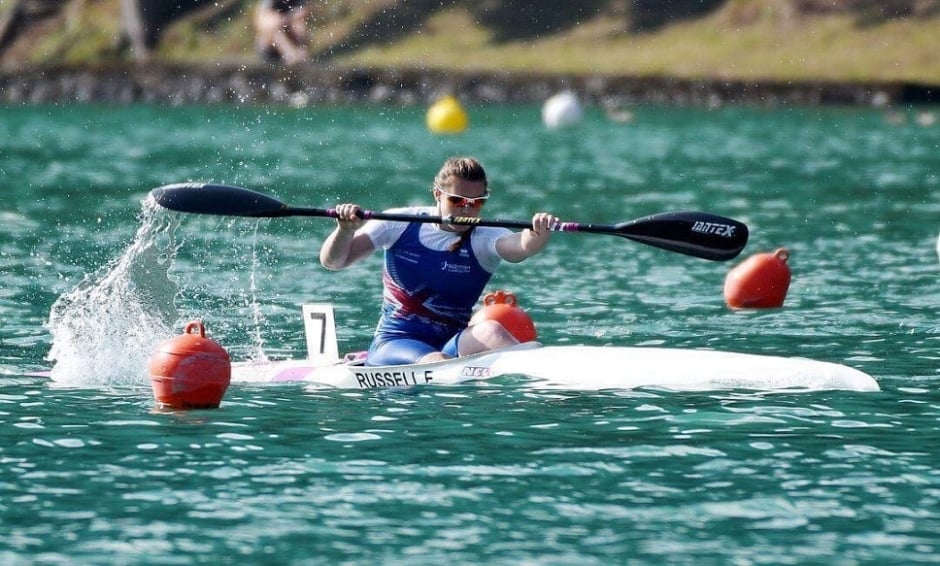Written by Emma Russell | @emmalrussell_
![]()
Emma Russell talks about her experience as an athlete competing at the Canoe Sprint Junior World Championships.
Pressure can make or break your race. Learning to deal with nerves and the stress of competing is part of being an athlete. Admittedly, when I was first introduced to the concept of visualisation a couple of years ago, I was sceptical of its benefits. Could it really make that much difference?
Dozens of thoughts rushed through my head. My heart was pounding. I sat in the team tent with my headphones on waiting until it was time to warm up. The tension I felt, knowing I was going to race in a final on the last day of competition at the World Championships, was noticeable yet understandable. However, I was confident I could bring home a medal for Great Britain if I played my cards right. Alongside the hours of training I had already put in, the finer details leading up to my race would define my performance. I started to visualise what I would see when sitting on the start line: the start bucket, the buoys outlining my lane, the ripples of the water. I thought about what I would smell, taste, and feel. I sensed what I would hear: “One minute to the start. Please approach the start in your correct lanes.” Then I visualised my race plan. The sound of the bucket dropping, the power of the first stroke, the stroke rate building. I would settle into a rhythm. I started to visualise where I would pick up the pace and how it would feel and what I would hear: the sounds of the crowd getting louder and louder as I approached the last few hundred metres and the sound of my own breathing. I imagined the last few strokes across the finish line. Within what felt like a split second the race would be over. I returned to reality, let the physical symptoms of my nerves settle, and began warming up.
The effects of visualisation have greatly helped me in both training and competition; I have increased my confidence and trust in my abilities, increased my motivation for races, and decreased the stress associated with competing. It is astounding to think something that takes as little as five minutes can make such an impact on performance. There are other methods that help me deal with stress too. I find organising a schedule for the morning of a race helpful. Almost like a checklist, I can tick things off when I’ve completed them. That way I ensure I do not miss something vital in my preparations. Additionally, it’s important to take a step back and recognise factors that are controllable as opposed to factors that we are not in control of. For example, there is no point in me worrying about wind conditions as they are the same for every competitor and I have no control over the weather! A final way for me to deal with stress is surrounding myself with the support of others. During competition, help from coaches is invaluable in keeping me focussed and on track to deliver a performance I’m proud of.
I have no doubt that everyone must face stress at some point in their lives; busy schedules, tight deadlines, and expectations can make you feel as if the weight of the world rests on your shoulders. I know that the transferrable skills, visualisation and organisation, I use to deal with high stress situations will help me through not only my paddling career but also exams, university applications, job interviews, and so much more. These skills allow me to have confidence in myself and trust that I can overcome whatever I’m faced with.
Emma’s top tips for visualisation:
- If possible, find a comfortable place free from distractions.
- Visualise the process you will carry out to reach your end goal and keep it positive.
- Use all your senses. Imagine what you will see, hear, taste, feel, and smell.








